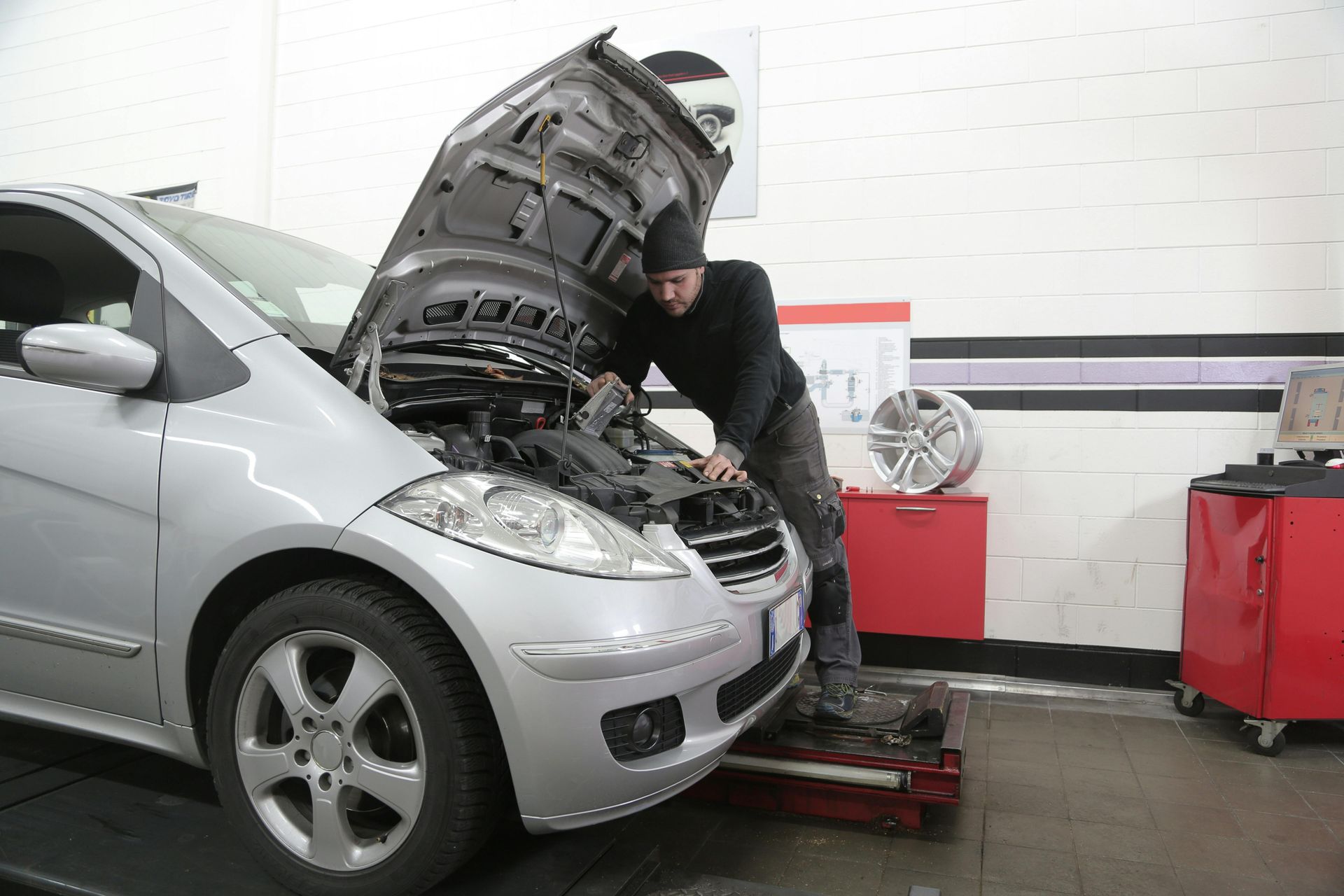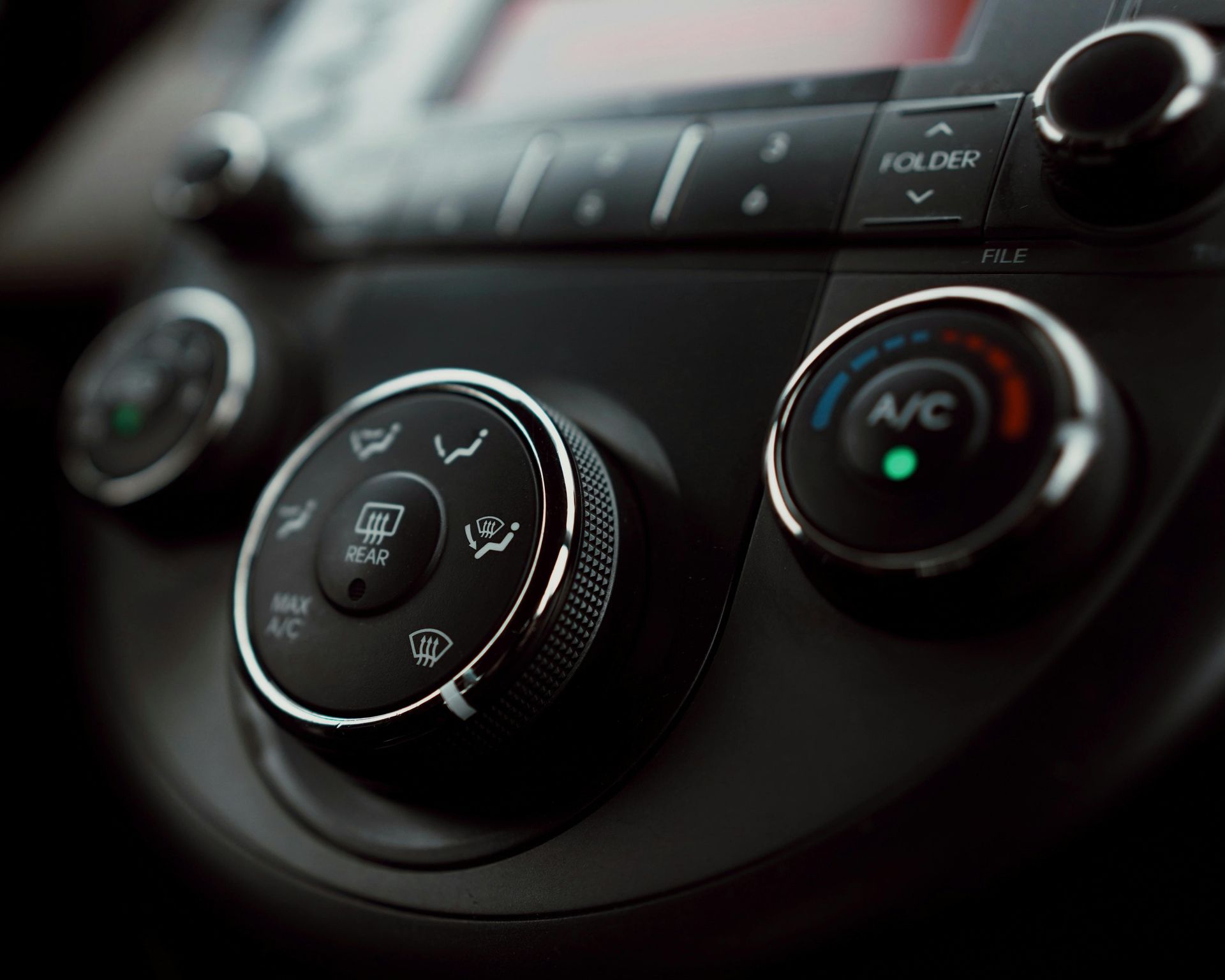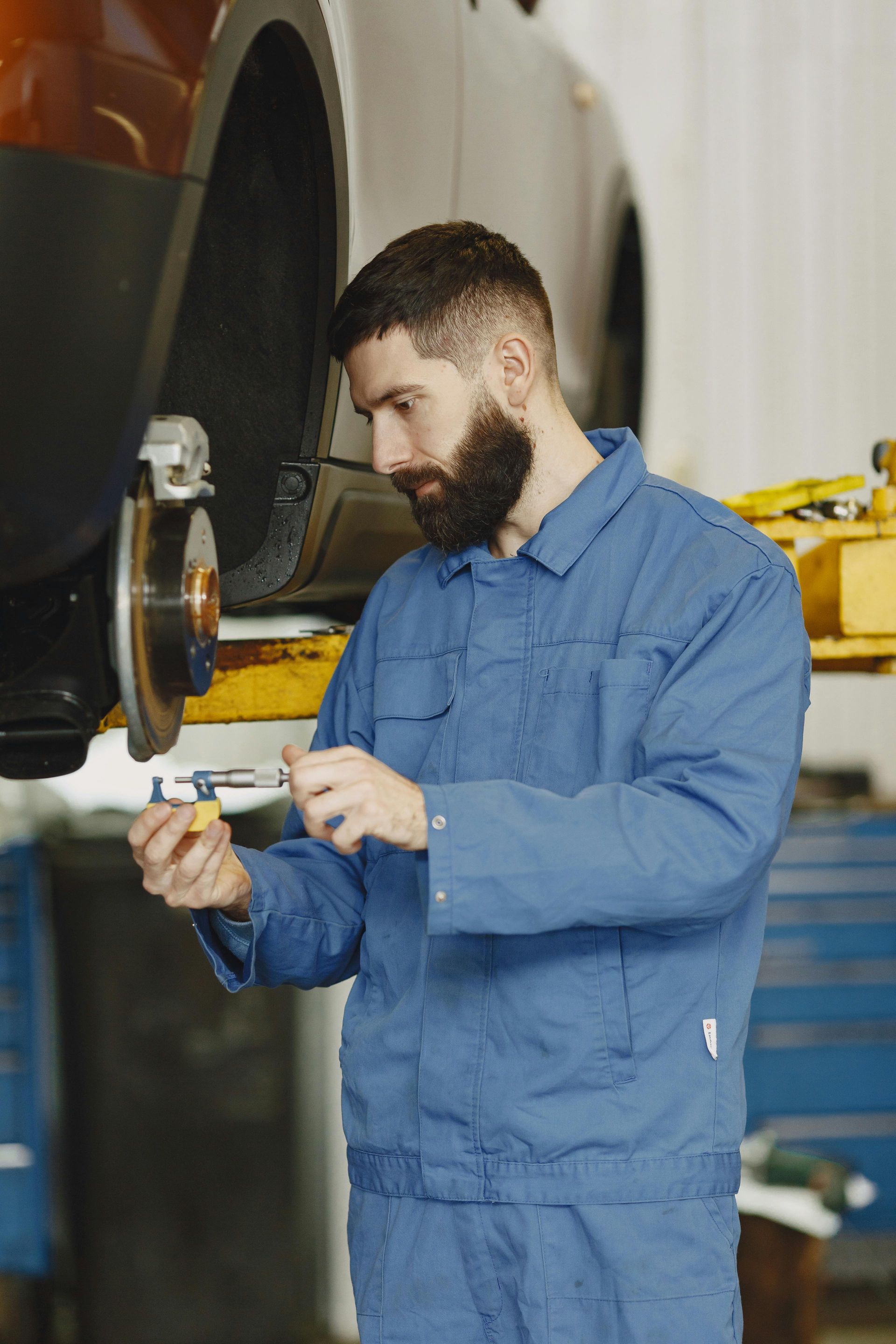Mon - Fri 8:00 am - 5:00 pm
Give us a call:
Toyota Tacoma Repairs
March 28, 2025
The Most Common Issues and How to Fix Them
- Toyota Tacomas are known for reliability, but even the toughest trucks have common repair needs.
- Key areas to watch include transmission performance, suspension wear, and differential maintenance.
- Regular service prevents breakdowns and keeps your Tacoma performing at its best.
- Addressing these issues early ensures longevity and peak performance.
Why Tacoma Owners Need to Stay Ahead of Repairs
The Toyota Tacoma is a workhorse—equally at home on rugged trails, city streets, and job sites. But no truck is invincible. Routine maintenance and timely repairs keep it running strong for the long haul. Understanding the most common Tacoma issues helps you catch small problems before they turn into costly repairs.
Whether you drive your Tacoma for off-roading, towing, or daily commuting, there are a few problem areas that tend to come up over time. Addressing these issues early will keep your truck running smoothly and avoid major breakdowns.
Frame Rust and Corrosion
Some Tacoma models—especially those from earlier generations—have been known to develop frame rust, particularly in regions with high humidity or winter road treatments. While Toyota has addressed this issue in many cases, owners should stay vigilant. A strong and stable frame is essential for longevity and performance, and catching signs of deterioration early can prevent more serious structural concerns.
Frames on trucks see more abuse than on standard vehicles, as they handle heavier loads, off-road terrain, and exposure to elements that cause corrosion. Keeping an eye on the undercarriage and applying rust-prevention treatments can help extend your truck’s lifespan significantly. If rust has already taken hold, a professional assessment will determine the best course of action—whether it’s a repair or more significant reinforcement.
Transmission Performance
Tacoma transmissions are built to handle heavy loads and tough terrain, but some drivers experience shifting hesitation or sluggish response, particularly in newer six-speed automatic models. Transmission performance issues can impact acceleration and overall driving comfort.
Heat buildup from towing or extensive stop-and-go driving can accelerate wear. While routine fluid changes and software updates help keep things running smoothly, early diagnosis of shifting irregularities is essential to preventing expensive overhauls. If you notice delayed gear engagement or inconsistent power delivery, bringing it in for a transmission evaluation will ensure that small problems don’t escalate into major repairs.
Suspension and Steering Response
The Tacoma’s suspension is engineered for durability, but it’s not immune to wear—especially for trucks that see regular off-road use. If the ride starts to feel rougher than usual or steering seems less precise, it’s worth having a professional inspect the shocks, control arms, and alignment to prevent uneven tire wear and handling issues.
Bushings and ball joints, in particular, take significant stress from rugged terrain and daily driving alike. Worn suspension parts don’t just impact comfort—they can make steering less responsive, which affects overall driving safety. Keeping up with suspension checks ensures your Tacoma remains capable on the road and the trail.
Differential and 4WD System Maintenance
Toyota’s 4WD system is a major selling point for Tacoma owners, but it’s also an area that requires routine attention. Strange noises from the drivetrain or difficulty engaging four-wheel drive could indicate that the differential or transfer case needs servicing.
The differentials distribute power to the wheels, allowing for controlled movement on rough terrain. When neglected, they can develop leaks, excessive wear, or grinding noises, indicating a need for fluid replacement or repairs. For those who off-road frequently, keeping up with differential fluid service is crucial to avoid premature failure and ensure optimal traction.
Brake System Wear
Braking power is critical, especially for a truck that may be towing, hauling, or navigating off-road trails. Over time, brake pads and rotors wear down, and issues like soft pedal feel or grinding noises can develop.
Tacoma’s braking system is designed for durability, but regular inspections ensure that braking performance remains sharp, giving you the control and safety you need on and off the road. Heat buildup from hard braking and exposure to dust or mud can accelerate wear, so periodic brake fluid flushes and part inspections keep everything working as it should.
Cooling System and Overheating Prevention
Tacomas, especially those used in extreme climates, need a properly functioning cooling system to prevent overheating. Towing, high temperatures, and extended idle times can all contribute to engine stress, making coolant system maintenance a priority.
Radiator inspections, coolant flushes, and thermostat checks are part of essential truck upkeep. If your Tacoma starts running hotter than usual, it’s a sign that the cooling system may need attention. Ignoring early warning signs can lead to engine damage and costly repairs down the line.
Trust Hill Country Yota Works for Tacoma Repairs
Your Tacoma is built to last, but even the most reliable truck needs expert care.
Whether you’re tackling trails or commuting daily, staying ahead of maintenance keeps your truck in peak condition.
At Hill Country Yota Works, we specialize in Toyota trucks and SUVs.
If you’re experiencing any of these issues—or want to stay ahead of potential problems—our team is here to help.
Contact us today to schedule a service appointment.
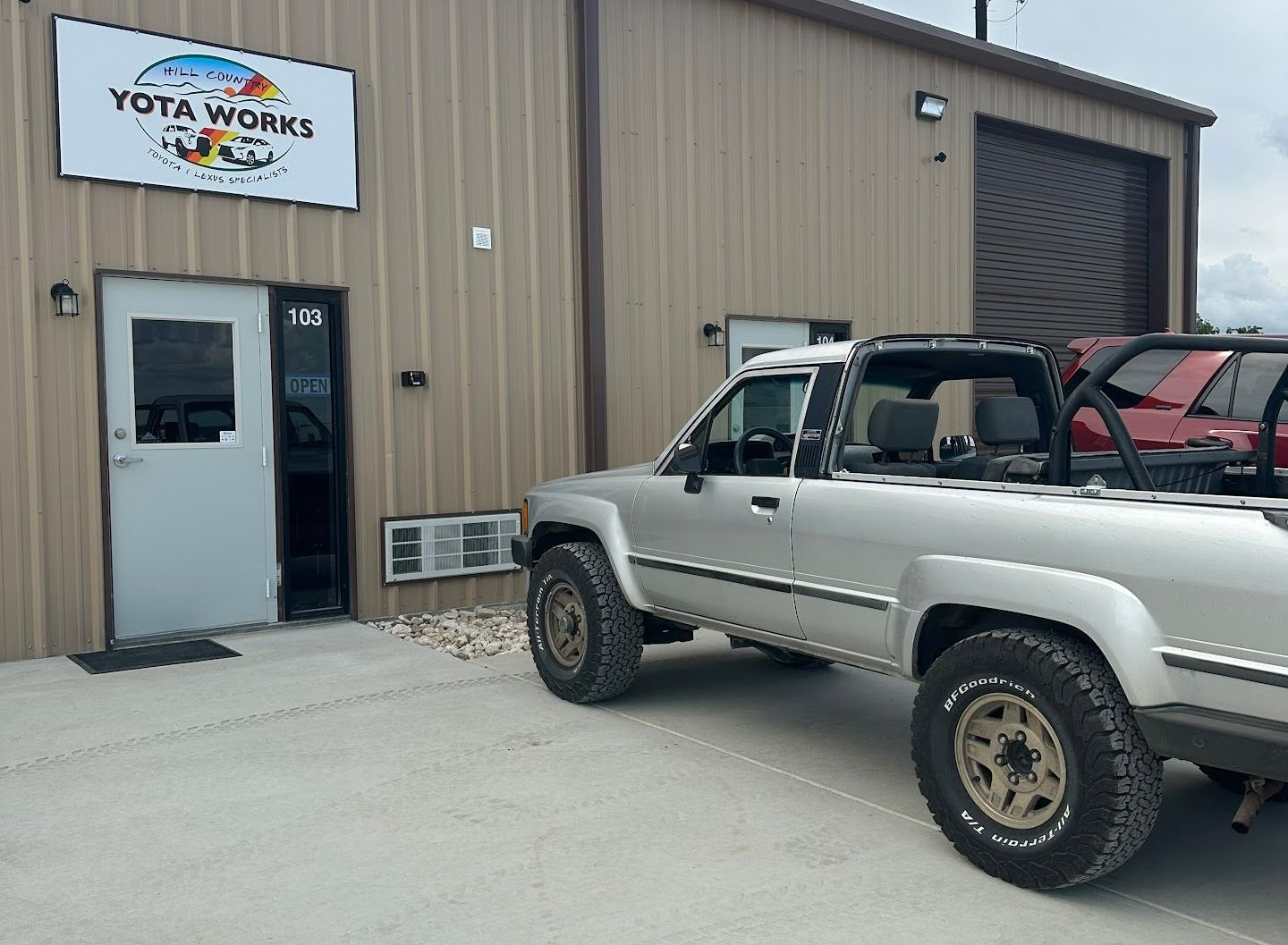
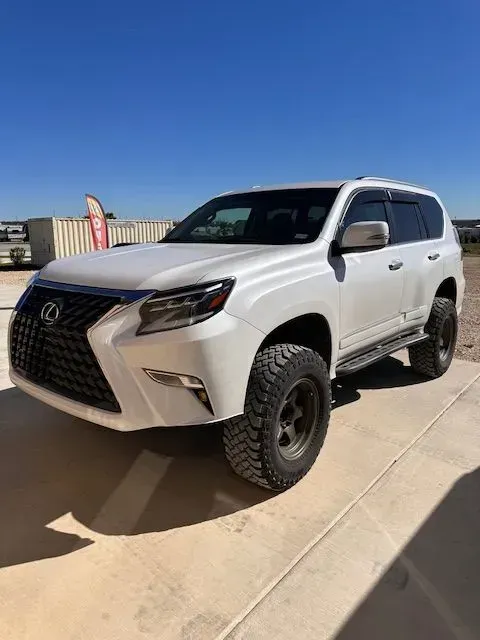
March 14, 2025
Lexus vehicles are known for their smooth performance and reliability, but transmissions require routine inspections to maintain their longevity. Common transmission issues include delayed shifting, slipping gears, and fluid leaks. Preventative maintenance helps avoid costly repairs and extends the life of your Lexus. Why Transmission Inspections Matter for Lexus Owners Lexus vehicles deliver a refined driving experience, blending luxury with performance. But even the most well-engineered transmissions are subject to wear over time. Regular inspections ensure your transmission continues operating seamlessly, preventing minor issues from becoming expensive repairs. At Hill Country Yota Works, we specialize in keeping Lexus vehicles running at peak performance. Whether you own a luxury sedan or a performance SUV, routine transmission service is essential for longevity and reliability. Common Lexus Transmission Problems and Warning Signs Transmission issues often start subtly but can lead to significant performance concerns if ignored. Here are some of the most frequent problems Lexus owners face: 1. Delayed or Harsh Shifting A Lexus transmission should shift smoothly and effortlessly. If you notice hesitation when accelerating or a rough transition between gears, it may indicate a transmission fluid issue, solenoid failure, or early wear in the transmission components. 2. Slipping Gear s If your vehicle unexpectedly changes gears or struggles to maintain power, it could be due to worn-out clutch packs, fluid degradation, or internal transmission wear. Slipping gears can reduce overall performance and fuel efficiency. 3. Fluid Leaks and Contamination Transmission fluid is crucial for lubrication and cooling. If you spot red or dark brown fluid under your car, a leak may be developing. Contaminated or low transmission fluid can cause overheating and internal damage. 4. Unusual Noises or Vibrations Whining, buzzing, or grinding sounds while driving can indicate failing bearings or internal component wear. Vibrations while shifting or during acceleration often point to transmission or torque converter issues. 5. Dashboard Warning Lights A " Check Engine " or transmission warning light appearing on your dashboard could signal sensor malfunctions, fluid pressure issues, or more serious internal transmission failures. Ignoring these warnings can lead to long-term damage. How Regular Inspections Prevent Major Transmission Failures Routine transmission inspections go beyond fluid checks. A thorough service includes: Software Diagnostics: Scanning for error codes that indicate early signs of trouble. Visual Inspection: Checking seals, gaskets, and lines for leaks or damage. Performance Testing: Evaluating gear shifts, acceleration response, and overall transmission behavior. Addressing small transmission concerns early prevents them from escalating into full rebuilds or replacements—saving Lexus owners thousands in repairs. Hill Country Yota Works: Your Lexus Transmission Experts When it comes to transmission health, experience matters. At Hill Country Yota Works, we provide: Factory-grade diagnostics to pinpoint potential issues before they escalate. Comprehensive maintenance services including fluid exchanges and in some cases, transmission tune-ups. Expert repairs using OEM and high-quality aftermarket components. Specialized service for all Lexus models, from sedans to performance SUVs. Our goal is to keep your Lexus running as smoothly as the day you bought it. Schedule Your Lexus Transmission Inspection Today Don’t wait for a transmission problem to leave you stranded. Call Hill Country Yota Works today, send us an email, or go to our website to schedule your inspection. Let our experts keep your Lexus performing at its best for years to come
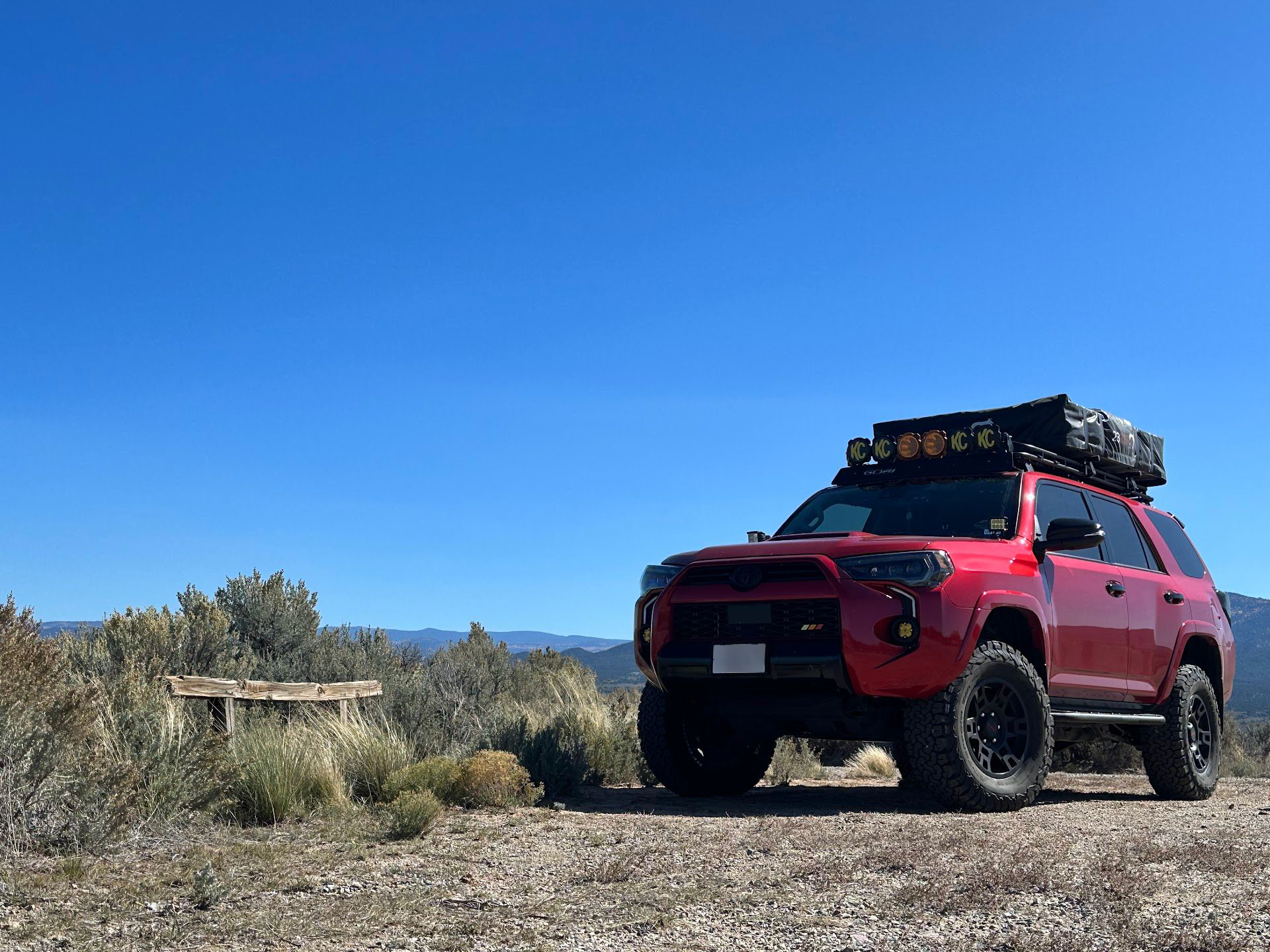
February 24, 2025
Why 4Runner Owners Need to Stay Ahead of Maintenance Off-roading isn’t just a pastime—it’s a way of life. Whether you’re tackling rocky climbs, splashing through river crossings, or winding through rugged backroads, your Toyota 4Runner is built to handle it all. But even the toughest SUVs need regular maintenance to stay adventure-ready. At Hill Country Yota Works, we know 4Runners inside and out. From routine service to off-road modifications, we help keep your rig in peak condition so you can hit the trails with confidence. No matter where your next adventure takes you, keeping up with essential maintenance ensures your SUV is always ready for the challenge. Why Routine Maintenance Matters for Off-Roading Off-road driving pushes your vehicle to the limit. From deep mud to steep inclines, the conditions your 4Runner faces demand more from every system. Staying ahead of maintenance ensures: Reliable performance on long overlanding trips and weekend trail runs. Prevention of wear and tear on suspension, brakes, and drivetrain components. Maximum off-road capability for tackling unpredictable terrain and extreme conditions. Skipping regular service can turn minor issues into major failures—leaving you stranded at the worst possible time. Essential 4Runner Maintenance Areas No matter how you use your 4Runner, these are the key areas to keep in top shape: Oil & Fluid Checks The demands of off-road driving generate heat and friction, making clean oil and fresh fluids essential. Regular oil changes, coolant flushes, and transmission fluid service protect your engine and drivetrain from excessive wear. Suspension & Steering Components Tough terrain takes a toll on your suspension. Uneven handling, excessive bouncing, or pulling to one side can indicate worn shocks, control arms, or bushings. A well-maintained suspension keeps your ride smooth and predictable on and off the trail. Tires & Alignment Your tires are your connection to the terrain. Worn tread or improper air pressure can reduce traction and control. Regular tire rotations, inspections, and proper inflation adjustments ensure your 4Runner grips the trail effectively. Brake System Performance Off-road braking is different from highway driving—dust, mud, and water exposure can accelerate wear on pads and rotors. Soft brakes, grinding noises, or inconsistent stopping power indicate it’s time for an inspection. Differential & Transfer Case Maintenance Your 4Runner’s 4WD system is its lifeline in extreme conditions. Strange noises, difficulty engaging 4WD, or fluid leaks could point to differential or transfer case issues that need professional attention. Hill Country Yota Works: Off-Road Maintenance Experts At Hill Country Yota Works, we specialize in Toyota off-road maintenance. Whether you need a routine service check or a more in-depth inspection, our team ensures your 4Runner is prepared for every adventure. We offer: Comprehensive multi-point inspections to detect potential issues early. Oil changes and fluid service to keep your engine and transmission running smoothly. Suspension and alignment work to maintain control and handling. Brake system maintenance for confident stopping power on any surface. Differential and 4WD service to ensure peak off-road performance. Check out our Services page for everything we offer. Take on Any Trail With Confidence From climbing rocky ledges to navigating desert sand, your 4Runner is built to explore. But a well-maintained rig is the key to stress-free adventures. Keeping up with service ensures you focus on the trail ahead—not unexpected breakdowns. Schedule Your 4Runner Maintenance Today Don’t let overlooked maintenance ruin your next off-road trip. Call Hill Country Yota Works today or send us an email to schedule an appointment. Our team will handle the service so you can focus on the adventure.
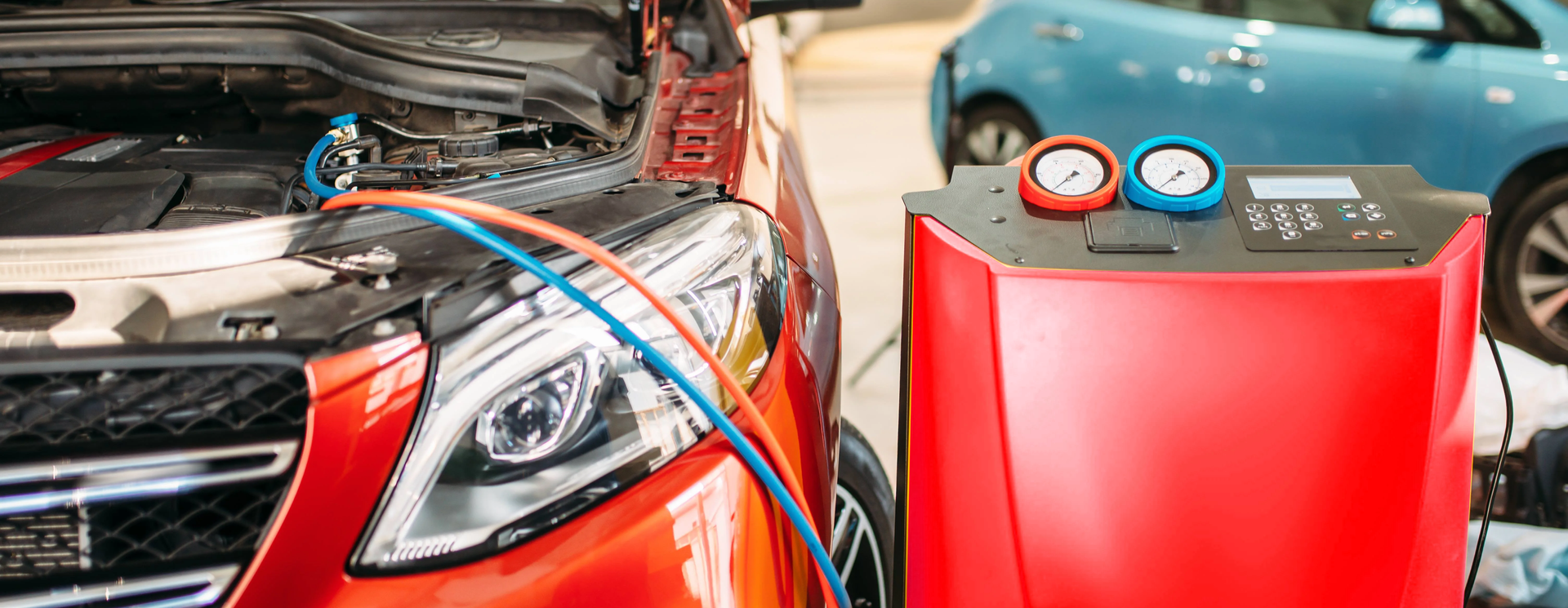
January 31, 2025
STAY COOL WHILE YOU CONQUER THE TRAIL Off-roading in Central Texas is more than a hobby—it’s a way of life. Whether you’re hitting rocky trails in your Toyota 4Runner, conquering steep inclines in a Land Cruiser, or cruising in a Lexus GX, staying cool in the driver’s seat is non-negotiable. When the summer sun’s blazing and the air is thick with cedar pollen or ragweed, your air conditioning system is your best friend. At Hill Country Yota Works, we’re as passionate about off-road rigs as you are. We know the unique challenges your A/C system faces out in the wild and how to keep it running strong so you can enjoy the journey without sweating the details—literally. WHY A/C MATTERS FOR OFF-ROADING Off-road enthusiasts understand that comfort isn’t just about luxury—it’s about endurance. Long hours behind the wheel in rough terrain can take a toll if your cabin feels like an oven. Add the infamous Central Texas allergens, like cedar, ragweed, and mold, and your A/C system isn’t just keeping you cool—it’s your first line of defense for breathable air. A reliable A/C system: 1. Keeps you comfortable, focused, and ready for the next challenge. 2. Prevents dust and allergens from turning your cabin into a sneeze-fest. 3. Protects critical components like your compressor and condenser from damage. COMMON A/C ISSUES OFF-ROADERS FACE Off-road trails can be brutal on your rig—and your A/C system. Here’s what to watch for: 1. Weak or Warm Airflow Dust and mud can clog your condenser or cabin air filters, leaving you sweltering on the trail. Regular cleaning or replacement is a must for off-roaders. 2. Noisy A/C Components Bouncing over rocks and ruts can loosen parts, causing rattles or grinding noises. These sounds are a warning—get them checked before they lead to bigger problems. 3. Refrigerant Leaks Rough terrain can stress A/C lines, leading to leaks that sap your system’s cooling power. 4. Funky Smells Texas trails mean dust, mold, and other allergens can settle in your A/C system, creating unpleasant odors. Replacing filters and cleaning the evaporator coil can clear the air. TRAIL-TESTED A/C MAINTENANCE At Hill Country Yota Works, we know Toyota and Lexus off-road vehicles inside and out. Our A/C services are designed for the unique needs of rigs like the 4Runner, Land Cruiser, and Lexus GX. We handle: Full system inspections to catch issues early. Refrigerant recharges to keep the cool air flowing. Cabin filter replacements to fight back against cedar, ragweed, and other allergens. Diagnostics for leaks, noises, or reduced airflow. CENTRAL TEXAS CHALLENGES: HEAT, DUST, AND ALLERGENS Off-roading in Central Texas is beautiful, but it’s tough on your rig. The scorching heat, combined with the infamous Hill Country allergens—cedar, ragweed, and mold—can push your A/C system to its limits. Regular maintenance ensures you can enjoy your adventure without being bogged down by heat or sneezes. TRUST HILL COUNTRY YOTA WORKS TO KEEP YOU COOL Whether you’re tackling trails around Canyon Lake, cruising through New Braunfels, or heading into the heart of the Hill Country, you deserve an A/C system that keeps you cool and comfortable. At Hill Country Yota Works, we’re more than technicians—we’re 4x4 advocates who know what it takes to keep your Toyota or Lexus ready for any adventure. TRUST HILL COUNTRY YOTA WORKS TO KEEP YOU COOL! Don’t let the Texas heat or allergens ruin your next trail ride. Call Hill Country Yota Works and schedule your A/C service today. Let us handle the maintenance so you can focus on the road ahead.
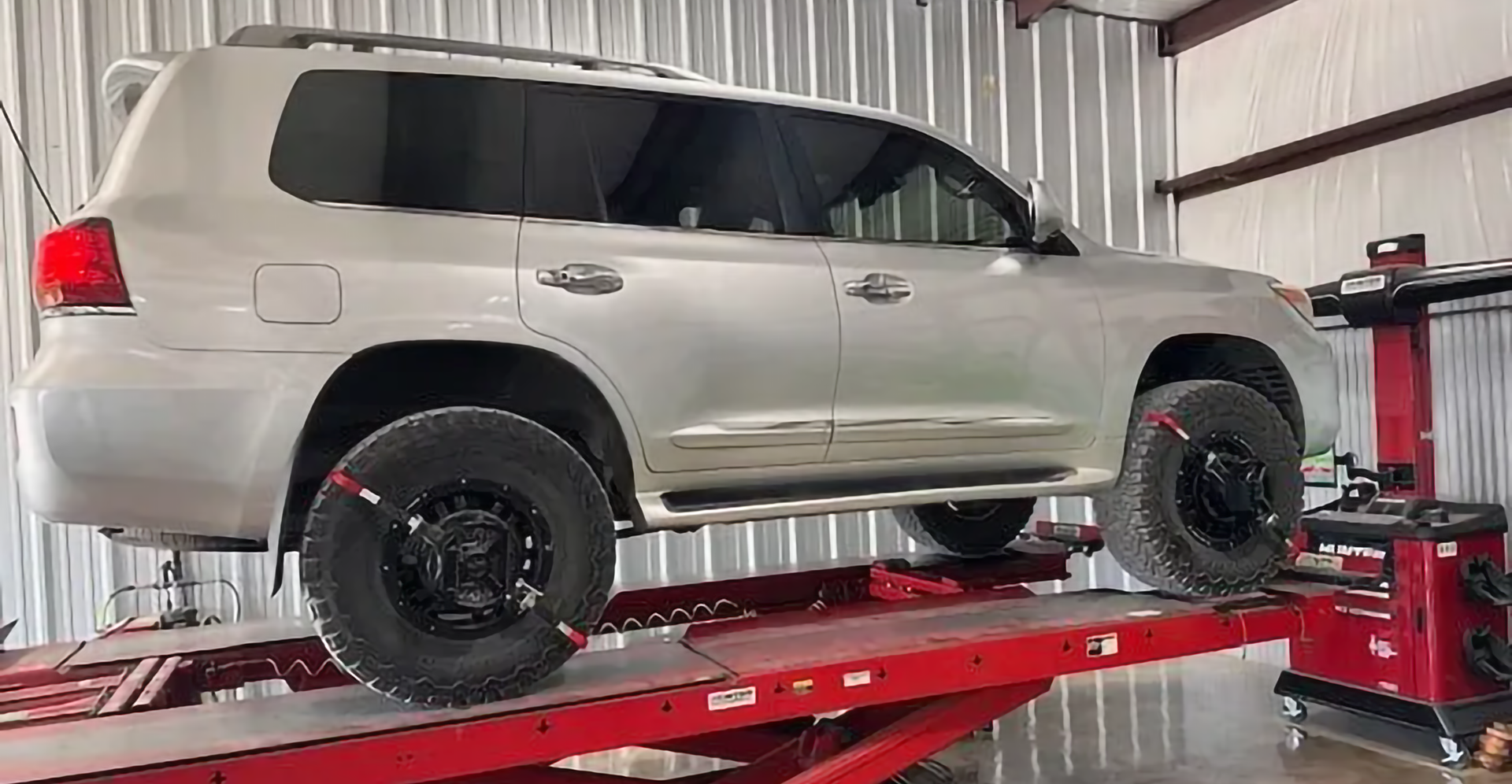
January 27, 2025
...especially when driving a rugged Toyota 4Runner or Tacoma. Whether you're navigating the rolling hills of New Braunfels, commuting through San Marcos, or heading off-road for an adventure, properly functioning brakes are essential for keeping you safe on (or off) the road. Over time, your brakes wear down, reducing their effectiveness and increasing the risk of accidents. In this blog, we’l l explore the key signs that your Toyota 4Runner or Tacoma may need brake repair and why regular maintenance is so important. 1. SQUEAKING OR SQUEALING NOISES If you hear high-pitched squeaking or squealing when you apply your brakes, it’s often a sign that your brake pads are worn out. Modern brake pads include a wear indicator that creates this sound to alert you when it’s time for replacement. Ignoring these sounds can lead to further damage, as worn pads may expose the metal backing plate, which can grind against your rotors and cause costly repairs. 2. REDUCED BRAKING PERFORMANCE Do you notice your Tacoma or 4Runner taking longer to stop, or does it feel less responsive when you press the brake pedal? Reduced braking performance can indicate worn pads, low brake fluid, or other issues within the braking system. This is especially dangerous when towing or carrying heavy loads—something Toyota trucks and SUVs are often used for. 3. VIBRATION OR SHAKING WHILE BRAKING If your steering wheel or brake pedal vibrates when you apply the brakes, it could mean your rotors are warped. Warping occurs when rotors overheat, which can happen during frequent braking, such as when descending steep grades or driving in stop-and-go traffic. Regular rotor inspections can prevent this problem, ensuring a smoother and safer braking experience. 4. WARNING LIGHTS ON YOUR DASHBOARD Toyota vehicles, including the 4Runner and Tacoma, are equipped with brake system warning lights. If the brake warning light or ABS light appears on your dashboard, it’s time to have your brakes inspected by a professional. These lights often indicate low brake fluid, ABS issues, or a malfunction in the braking system. 5. BURNING SMELL AFTER HEAVY BRAKING A strong burning smell after using your brakes extensively—like when towing or driving downhill—can indicate overheated brakes. Overheating reduces their effectiveness and can damage components like brake pads, rotors, and calipers. If you experience this, pull over to let your brakes cool down and schedule an inspection as soon as possible. WHY REGULAR BRAKE MAINTENANCE IS KEY Routine brake inspections and repairs are essential to keeping your Toyota Tacoma or 4Runner in peak condition. Regular maintenance ensures your brakes perform effectively, extends the life of your braking system, and gives you peace of mind on the road. At Hill Country Yota Works, we specialize in Toyota brake repair and maintenance, helping drivers across New Braunfels, San Marcos, and the Texas Hill Country stay safe. DON'T IGNORE THE SIGNS OF BRAKE TROUBLE If you notice unusual sounds, reduced performance, or dashboard warnings, contact Hill Country Yota Works for a professional inspection. Whether you drive a Toyota 4Runner, Tacoma, or another Toyota/Lexus model, our team has the expertise to keep your brakes in top shape. We proudly serve the Texas Hill Country, including New Braunfels, San Marcos, Seguin, Canyon Lake, and surrounding areas. Wherever you are, we’re here to ensure your Toyota is road-ready and safe. Ready for a brake inspection? Contact Hill Country Yota Works today to schedule your appointment and keep your Toyota performing at its best.
Hill Country Yota Works
Mon - Fri 8:00 am - 5:00 pm
Payment Options







Services
List of Services
Services
List of Services
© 2024 Hill Country Yota Works. All Rights Reserved | Website managed by Shopgenie
